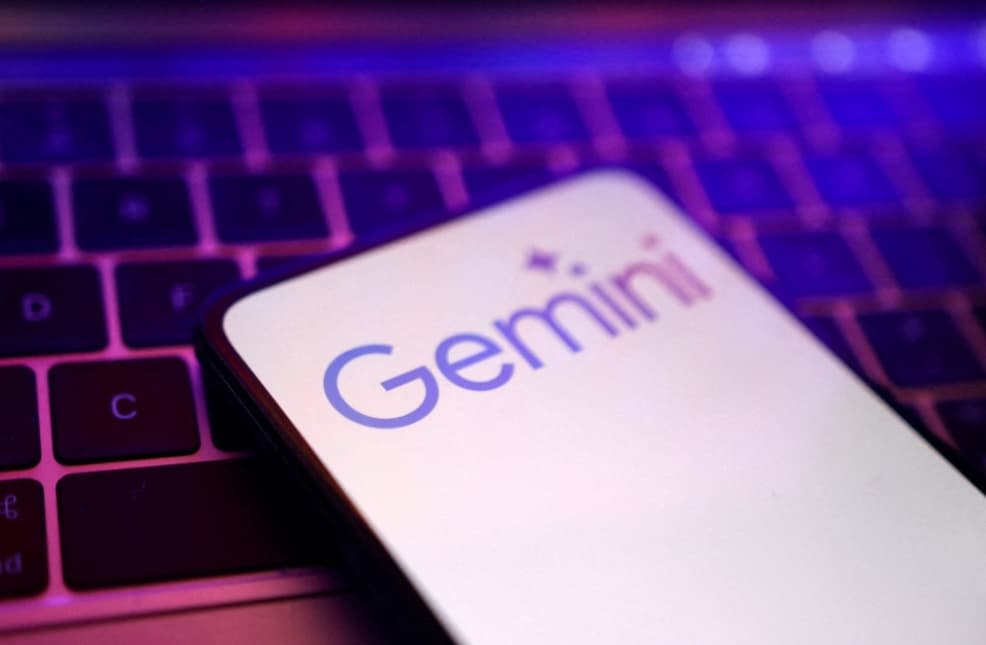Date: Thursday, 12 Dec 2024
Google has officially launched Gemini 2.0, its most advanced artificial intelligence (AI) model to date, signaling a significant leap in the AI landscape. The announcement, made yesterday by CEO Sundar Pichai in San Francisco, positions Gemini 2.0 as a trailblazer in the emerging “agentic era” of AI, where digital models are designed not just to assist but to understand and act intelligently on behalf of users.
What Sets Gemini 2.0 Apart
Gemini 2.0 is built to redefine AI capabilities by integrating the ability to:
- Understand Context: The model can analyze and respond based on real-world scenarios.
- Think Ahead: It employs strategic foresight to predict outcomes and make decisions accordingly.
- Perform Supervised Actions: Gemini 2.0 can take meaningful actions within supervised parameters to help users achieve specific goals.
According to Sundar Pichai, "Gemini 2.0 is about making information much more useful. It brings us closer to our vision of a universal assistant.”
Technical Innovations
One of Gemini 2.0’s standout features is its reliance on Trillium Tensor Processing Units (TPUs), a proprietary hardware innovation from Google. Unlike most AI training processes dominated by Nvidia, Google’s shift to its in-house TPUs underscores its technological independence and scalability.
The model also supports multimodal functionalities, processing diverse inputs such as:
- Text
- Images
- Video
- Audio
Additionally, it can deliver outputs in innovative ways, including generating images and speech.
Broader Integration and Applications
The launch of Gemini 2.0 is part of Google’s larger strategy to integrate AI into its ecosystem. Some immediate implementations include:
- Enhancing Google Search, the company’s core revenue driver, by 2025.
- Integrating into the Gemini platform, which spans various applications.
- Enabling faster performance with its Flash variant, tailored to deliver quick results.
Developers and testers are already exploring the model’s potential, with millions of developers leveraging Gemini-powered applications across seven Google products, each serving over two billion users worldwide.
AI Agents and the Future of Technology
Gemini 2.0 aligns with Silicon Valley’s latest trend—AI agents. These digital assistants are designed to sense their surroundings, make decisions, and execute actions, resembling human-like problem-solving capabilities.
Google has teased advanced features for Gemini 2.0, including:
- A multimodal chat version capable of interpreting images and surroundings.
- Experimental tools for using software applications, websites, and online tools autonomously.
- An enhanced version of Project Astra, Google’s AI-powered smartphone assistant, which can respond to verbal commands and analyze visual inputs.
The Race to AI Dominance
The launch of Gemini 2.0 has intensified competition among tech giants. The model directly challenges OpenAI’s ChatGPT and Anthropic’s Claude, which have also introduced agentic features. Despite concerns about the immediate economic impact and high development costs, the AI race is reshaping industries and redefining technological innovation.
Google’s announcement came shortly after it unveiled a breakthrough quantum chip, pushing its stock prices up by 7.5% over two days.
What’s Next for Gemini 2.0?
The broader rollout of Gemini 2.0 is expected to take place in early 2025, with plans to introduce its capabilities across Google’s product suite. Meanwhile, users can explore its chat-only Flash variant, with more features likely to follow as the technology matures.
Conclusion
Gemini 2.0 represents a pivotal moment in AI development, with the promise of revolutionizing how individuals and businesses interact with technology. By combining contextual understanding, decision-making, and multimodal capabilities, Google is setting a new benchmark in AI innovation.
Source:
Malay Mail
